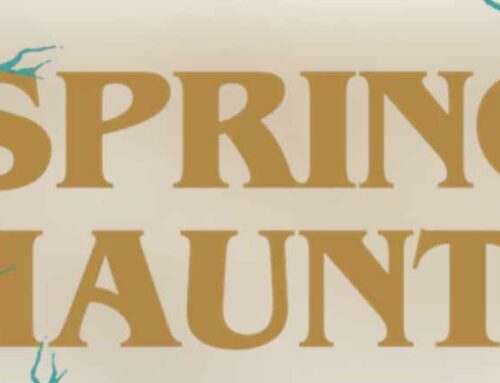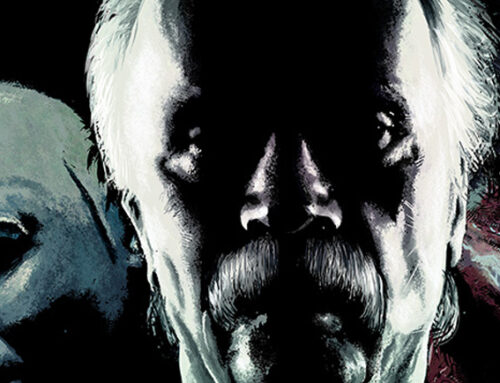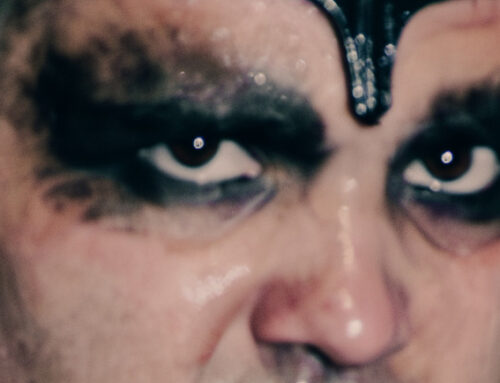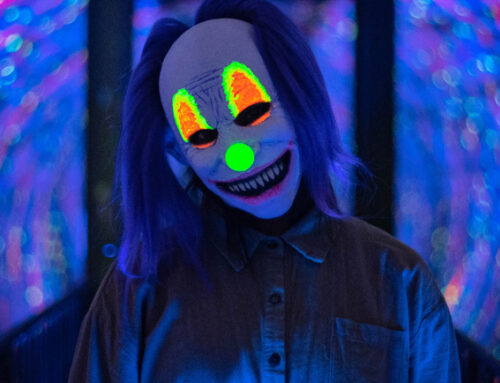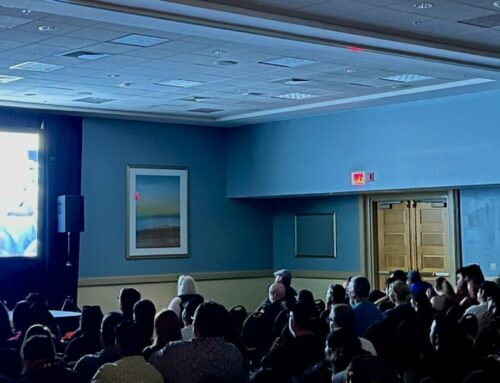The Miskatonic Institute of Horror Studies is an international educational community where writers, directors, scholars, and curators enthusiastically celebrate horror history and culture through their critical perspective. Founded by film writer and programmer Kier-La Janisse in March 2010, the institute has branches in London, New York, and Los Angeles where they hold classes on horror, as well as present special events. On April 11th, 2019, The Miskatonic Institute London will host acclaimed British-Nigerian writer, Nuzo Onoh, author of recent hit horror pennings, such as The Reluctant Dead (2014) and The Sleepless (2016), as she introduces interested audiences to the unique literary genre of African horror.
Nuzo Onoh is a pioneer of the African horror subgenre and is hailed as the “Queen of African Horror”. Her lecture will give attendees insight into the rarely explored African Horror genre, defining and examining it, and exploring its classification for commercial distribution, and how it is distinguished from other horror fiction when it is written by people of the African diaspora. While festivals such as the South African Horror Film Festival have cast a spotlight on this genre, African horror is still owed its long overdue introduction into the commercial market, and Nuzo Onoh, with a style rooted in haunting spirituality and mysticism, is the perfect guide to do so.

We shall discuss the relevance of African horror to the genre, especially as [it] relates [to] issues of negative stereotyping of the continent and the prevalence of poverty and other true-life horror situations in the continent which has led some critics to question the relevance of African Horror genre amidst these real-life problems. I shall illustrate with video clips, images and press articles in an interactive session with the students. It is my hope that the students will accompany me on this unique journey into the deep mysteries of African culture and understand this emerging horror genre and the various shades of superstition that drive the African Horror narrative.”
The presentation will take place at The Horse Hospital non-profit art gallery in London, England at 7 PM. Bring an open mind, your love of all things horror, and £11 for tickets at the door. Advanced tickets are £10, CLICK HERE to purchase and for more information on the event.


